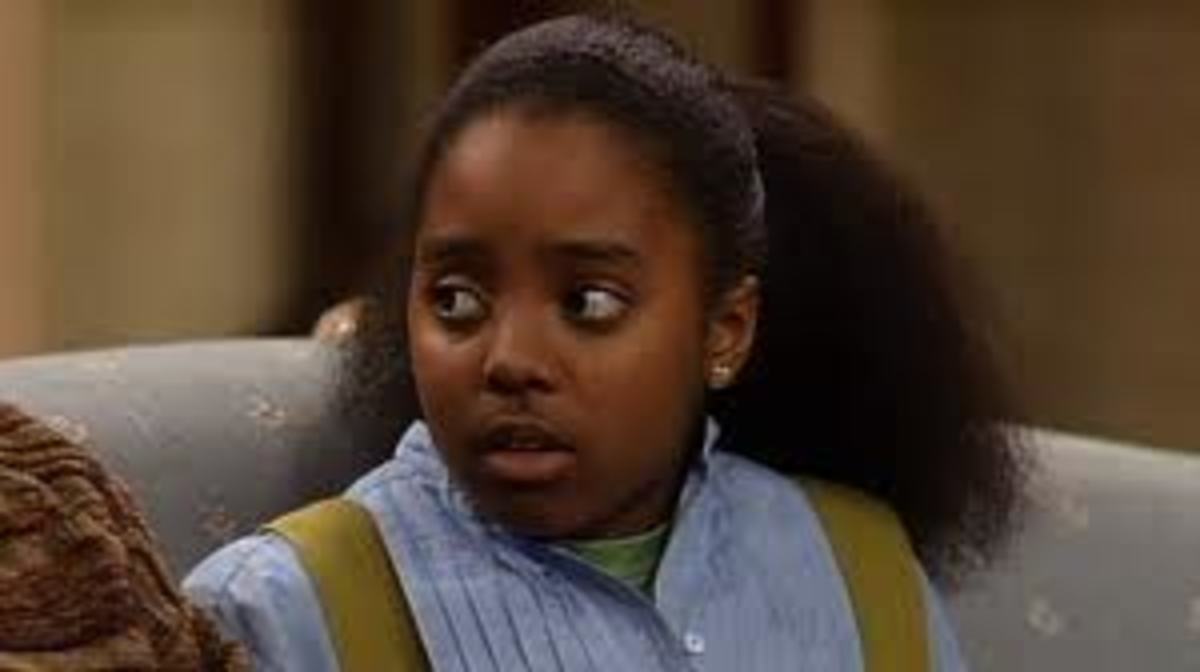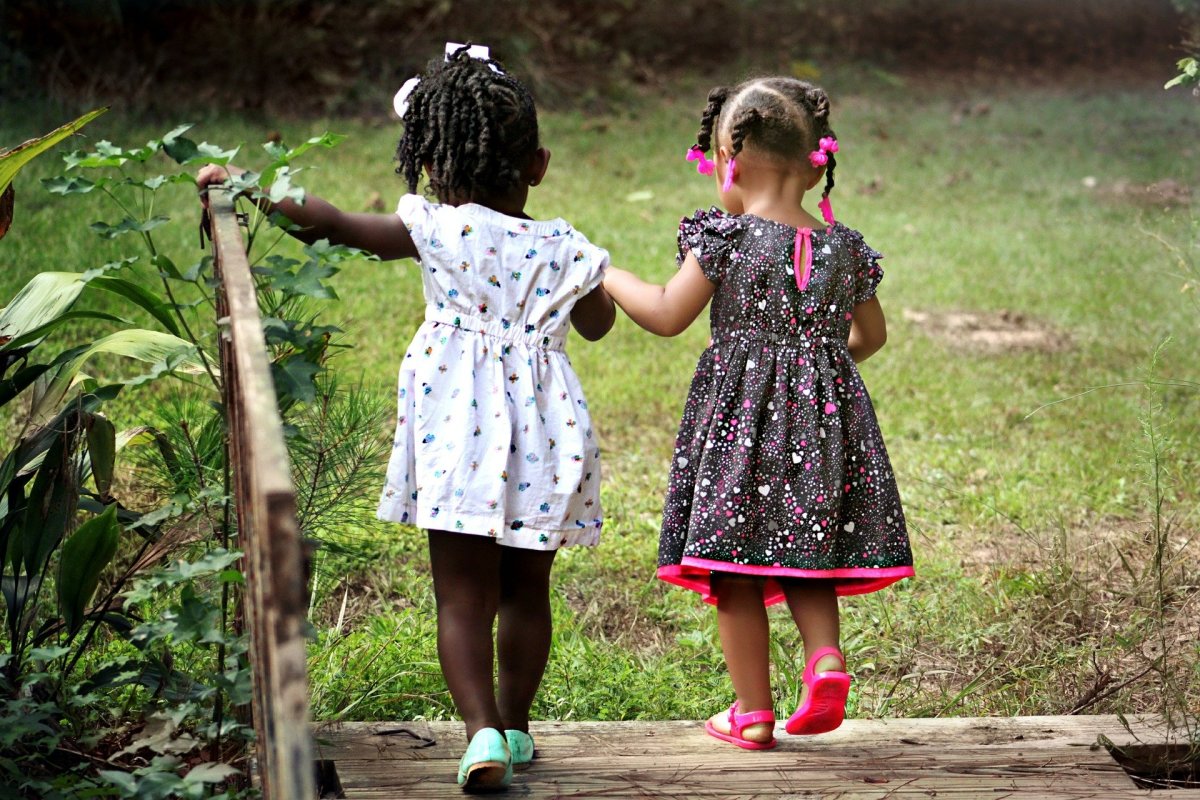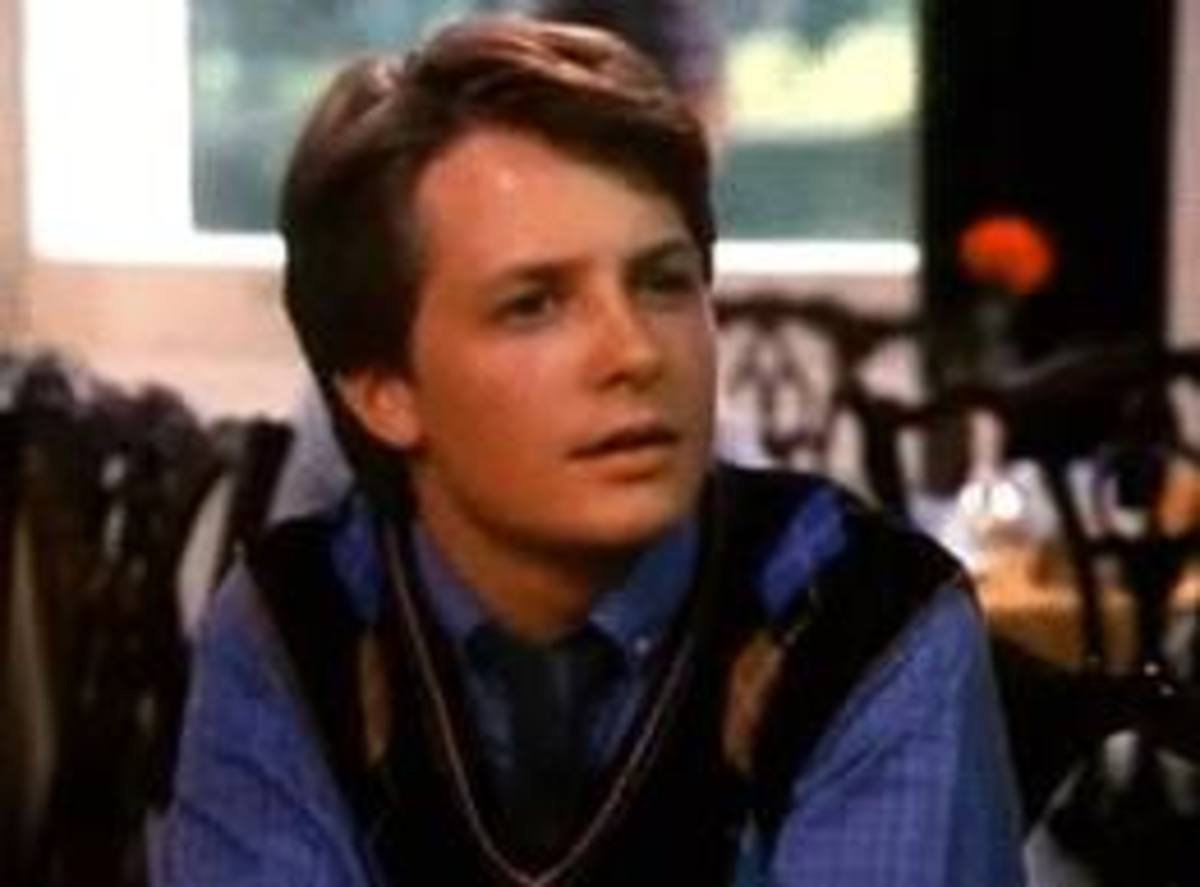The Sibling Who Creates Drama-WHY?, Part 1/2

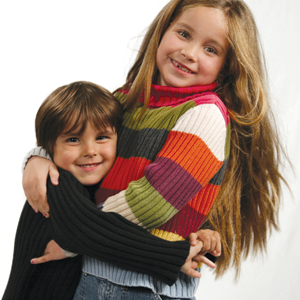
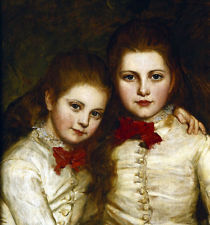
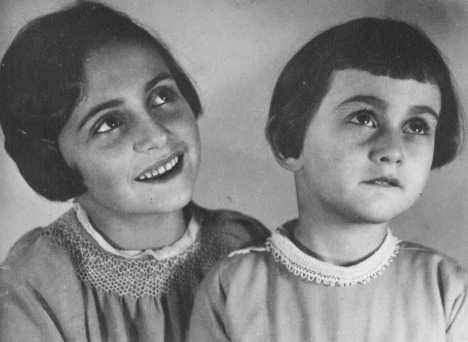

Siblinghood-The Assumptions and Myths
Siblinghood has been praised, even extolled by educators, psychologists, sociologists, and other social scientists. They maintain that children who grow up with siblings have better social skills. They further contend that children with siblings are better adjusted as adults. They assert that children from multichild families learn the art of sharing and other negotiable skills.
Our society has positive associations with children who have siblings. A family is oftentimes considered to be comprised of 2 and/or more children. In our societyand culture, siblings are what make a family complete and whole. There is an underlying association with the positiveness of family life that siblings bring. It is strongly argued that siblings provide children with the first set of friends and companions.
There are people who assert that siblings give children a richness of life that is unattainable anywhere else. They even state that with siblings, children are free to discuss things that parents are unable and cannot understand. They adamantly proclaim that parents can find it cumbersome to indulge in child-level games and scenarios, asserting that siblings are better able to do this than the former is. They contend that children with siblings even develop faster because children understand each other in a way that adults cannot fathom.
Other people believe that siblings provide children with lifelong companions, friends, and confidantes. They maintain that siblings also shield each other, acting as bulwarks against a harsh outside world. They contend that with a sibling/siblings, someone always has their back. They feel that siblings are more important than parents in that parent-child relationships are merely transitory in comparison to the sibling relationship which is more permanent. In their purview, siblings are more important because after a parent dies, it is the sibling/siblings whom one will be in most contact and association with.
Many people contend that siblings provide family history and historic events. They insist who other than siblings can remember a familial historical period and memories of parents. Besides the more positive times, siblings often bond through the less positive, even horrific times regarding the family scenario. Siblings can give credence and support to the family experience from the most positive to the most horrific.
There are people who strongly maintain that siblings are the ones who give their particular familial experience more validity and veracity. For instance, if a child experience horrific abuse, a sibling/siblings more or less witnessed or even encountered the same or similar experience hence the victim child does not feel that he/she is alone in such circumstances. He/she does not feel invalidated because there was a sibling/were siblings in the same household who can attest to the experience.
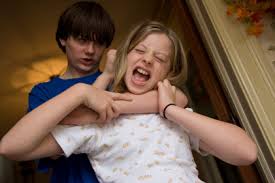
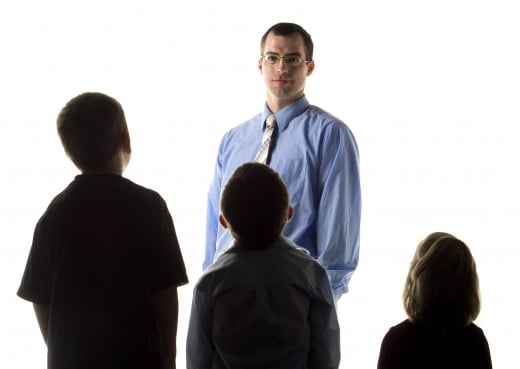

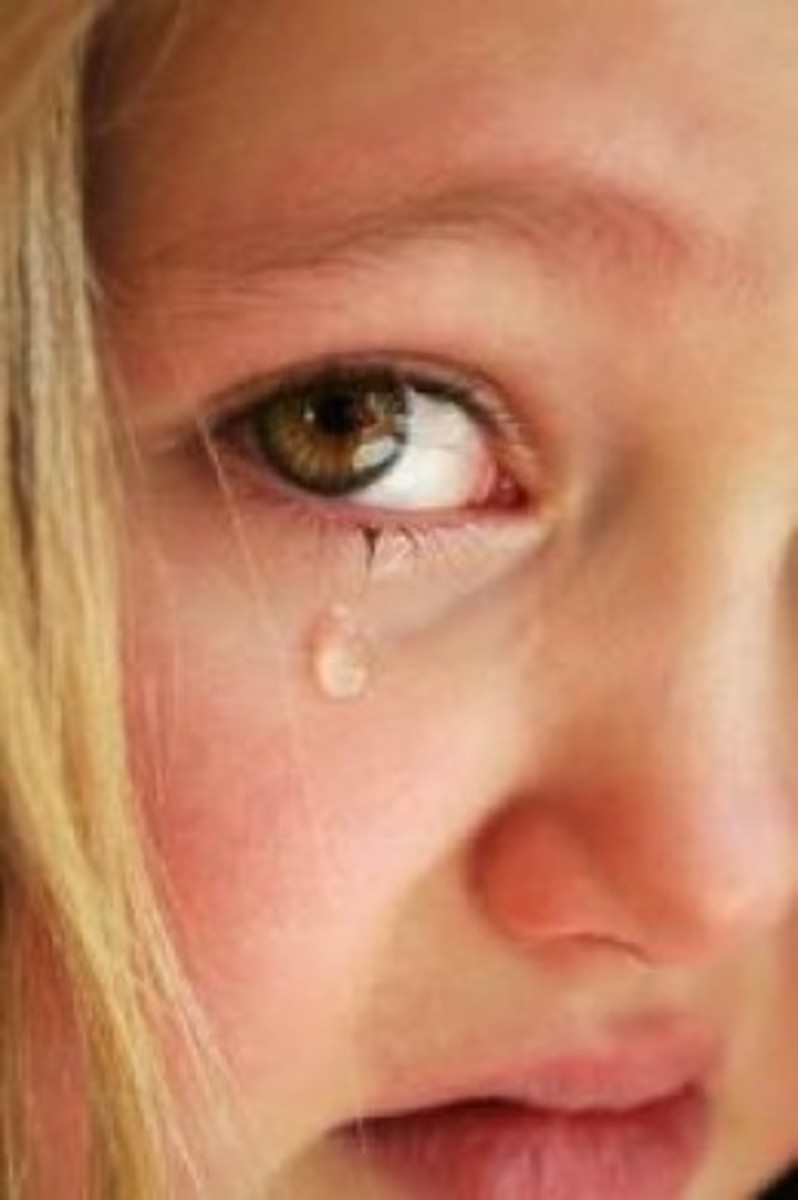
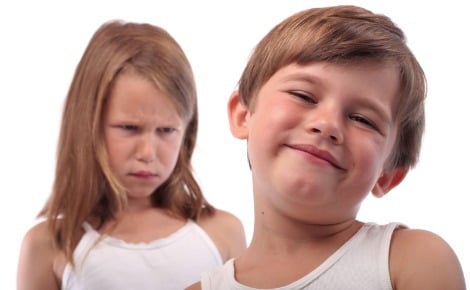
The REALITY of Siblinghood
Despite the bucolic idea that siblinghood is a positive experience for children, there is evidence that siblinghood can have negative experiences for children. Sibling rivalry is a commonplace experience in any family where there is more than one child. The more siblings in a household, the higher incidences of sibling rivalry. It is not unusual for siblings to hit, bite, and inflict other forms of physical attacks on each other. There are siblings who even resort to abuse, specifically bullying other siblings.
In multichild families, children regularly compete with each other for parental resources whether it is financial and/or emotional. In each sibling's mind, he/she wants to be the most deserving and worthy child in such terms. Siblings oftentimes view each other as competitors, if not outright enemies, in terms of parental time and attention. This is akin to the survival of the fittest because the parents are the main determinants in a child's emotional, mental, psychological, physical, even psychic survival. Yes, children NEED their parents for these components, if not, they will atrophy or die as they are not at the stage to fully take care of themselves.
Besides sibling rivalry, there is also differential and preferential treatment of parents of individual children in the family. It is quite normal for children in multichild families to be treated differently from one another. It is human nature for parents to favor one child or some children over other children in the family. The reasons for such preferential treatment vary from family to family. Some favored children may have similar interests, outlooks, and personalities of their parents. Others may have gifts and talents which stand out from the other children in the family. Many favored children are ostracized by their other siblings because the latter feels slighted by the parents. There are favored children who are even bullied and otherwise subjected to abusive treatment by other siblings.
Conversely, there are children in the family who are treated very differentially albeit in the negative sense. Such children are considered the black sheep, odd child out, or even scapegoated by parents because there is something about these children which brings out the animus in their parents. Like the favored child, many unfavored children are ostracized by their siblings because the former are considered to be nonentities by their family members. The unfavored child is routinely abused by siblings to make the latter feel elevated in their and their parents eyes.
Yes, siblinghood is oftentimes frought with drama and angst. It is not as bucolic as pundits would make it. Siblinghood involves intricacies in the family dynamic. Some siblings will feel left out, even neglected while others are loved and are the centers of parental attention and love. There are siblings who extend and willingly give of themselves while there are others that can be considered selfish. Contrary to what many people think and believe, there are siblings who are only concerned with themselves and love to create scenarios in order to draw attention to themselves. There is no one main reason why a sibling or siblings create family drama. It all depends upon the individual sibling/siblings and their particular family dynamic and environment.




The Cast Aside, Ignored Sibling Creating DRAMA
In many families, there is the sibling or siblings who must constantly create drama. This drama can be mild to severe depending upon the personality, needs, and desires of the sibling and/or siblings. There are children who believe that with the birth of a new sibling or succedent siblings, he/she is no longer valued by his/her parents. He/she believes that the parents love the new sibling and/or siblings more than they love him/her. This feeling causes the child to act out in ways that will garner the attention of the parents. It is not uncommon for these child to revert to earlier patterns of behavior in order to receive the parental love and attention that they once had.
Many oldest/older siblings contend that they are cast aside at the birth of a new sibling. Many parents believe that the oldest/older sibling does not need them as much when a new sibling is born. Much of the parents' energy goes towards caring for the new sibling, much to the dismay of the oldest/older child who feels that he/she needs parental attention also. When they express the need for parental attention, he/she is told by the parent to grow up and stop being a baby. Of course, the oldest/older child feel hurt and creates drama out of anger.
While some oldest/older siblings revert to earlier patterns of behavior, others exert their power over the younger sibling. It is not unusual for oldest/older siblings to bully younger/youngest siblings because they are angry that the younger/youngest siblings have usurped their primary relationship to their parents. This behavior is their revenge for being cast and tossed aside in favor of the younger/younger siblings in the family.
In addition to being cast aside, many oldest/older siblings feel unappreciated by their parents. Oldest/older children in families are expected to be perfect and/or as near perfect as possible. They are often punished and blamed for mistakes that their younger/youngest siblings make. Many of them are also given adult and parenting responsibilities before they are ready to assume them. It is quite common for many oldest/older children to be the parentified children in the family. Of course, they feel that such treatment is unfair so they feel that such they act in rebellious ways, sometimes undermining the parents' authority. They figure that since they are treated like adults, they might as well adapt and assume adult behaviors. It is further their contention that their parents had better not tell them what do they as they are the ones REALLY in charge of the family and household.
Oldest/older children are not the only ones who feel that they are cast aside. Middle children in families routinely believe that they are ignored, even diminished in worth, in comparison to their oldest and youngest siblings. Many middle children oftentimes act out in order to receive parental attention and to sometimes overshadow their siblings. One renowned celebrity, a middle child of 8 children, stated during interviews that she regularly had to be loud and aggressive in order to be noticed by her parents. It is not unusual for middle children to act in ways that are contrary to their particular family paradigm in order to be accepted and respected as an individual. They create drama in order not to be considered anonymous.

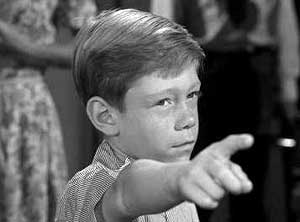

Siblings Who Are CENTERS of Attention and STARS........DRAMA Galore
There are siblings who create drama for the thrill of it. They also feel that they are deserving of such drama. They are siblings who love, even thrive upon attention and will do almost anything to it even at the detriment of other siblings in the family. There are children who are pampered, indulged, and even spoiled by their parents. They are the stars of their respective families. They receive privileges that their other siblings do not receive. In their parents' purview, they can do no wrong, only right. Even if they commit egregious acts, they are treated very leniently.
In some families, younger/youngest children create drama in order to maintain the level of parental attention that they always have. It is their intention to remain the precious jewel of their families. They will use any means whether positive or negative to get their parents' attention, even framing their siblings for things the former committed. They are also quite adept at the art of emotional and psychological manipulation as a means of getting attention from their parents and siblings alike.
Then in other families, regardless of a sibling/siblings' birth order, they are accorded star status. These are the siblings who received privileges and other accountrements that the other siblings do not receive be it socioeconomic or other privileges. This is the sibling/siblings who is/are thought of having great promise and potential. They are also quite aware of their promise and/or potential and adeptly use these components to put themselves above the other siblings in the family. They feel that since they are worth more than the other sibling/siblings, they can manipulate their parents to spend money on and/or great other privileges to them that are not granted to the other siblings. For example, parents may send this sibling to graduate school while telling another sibling that he/she has to work his/her way through undergraduate college.
© 2014 Grace Marguerite Williams




